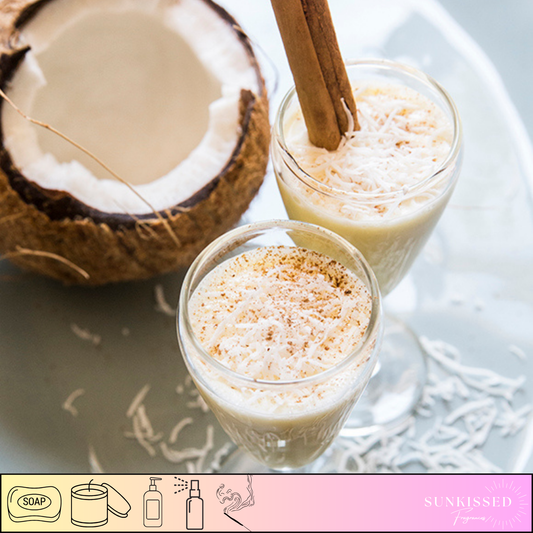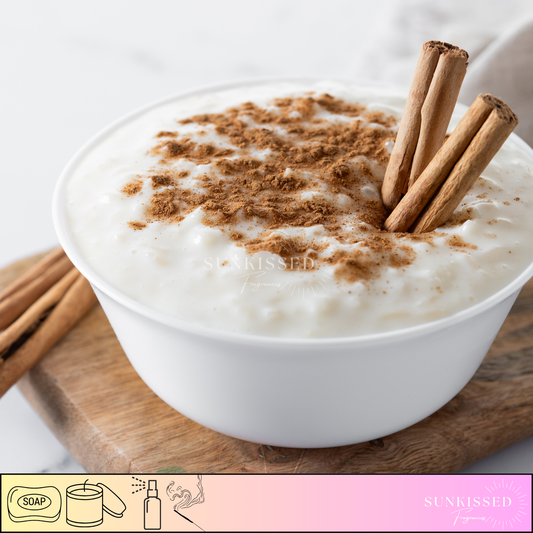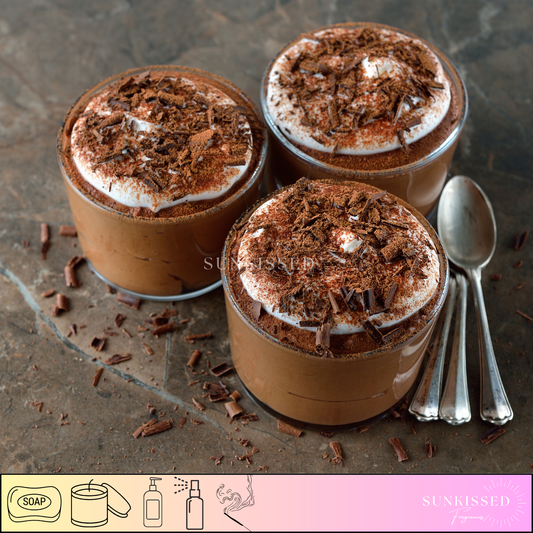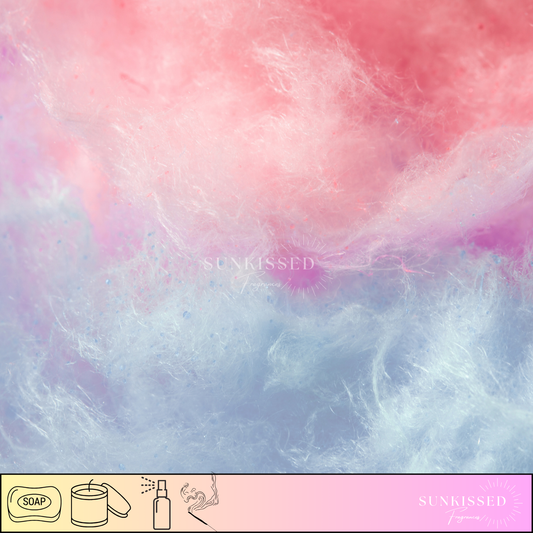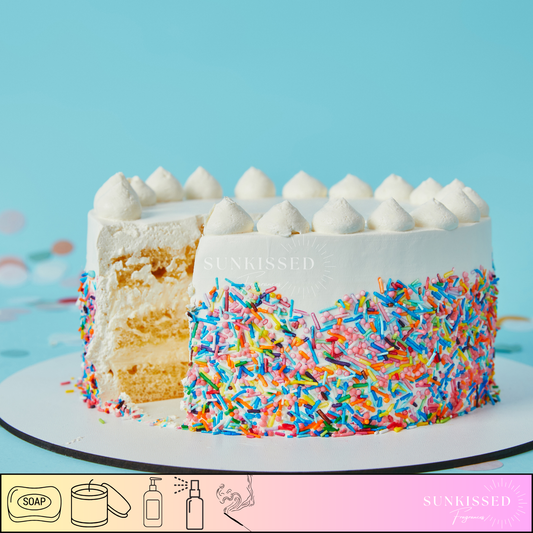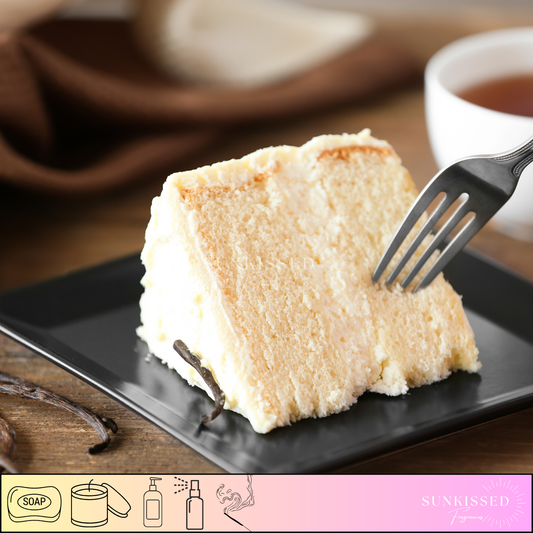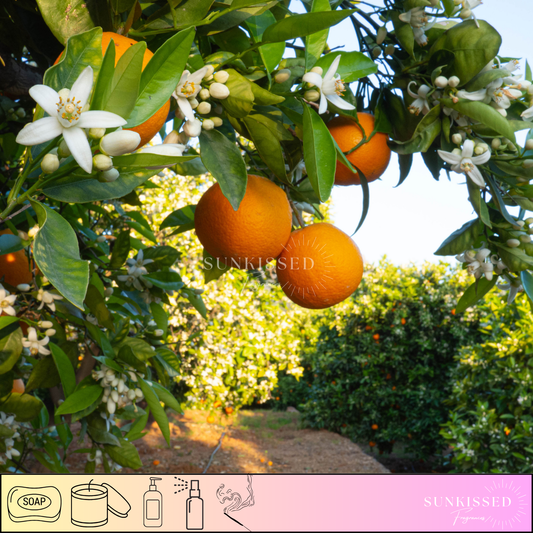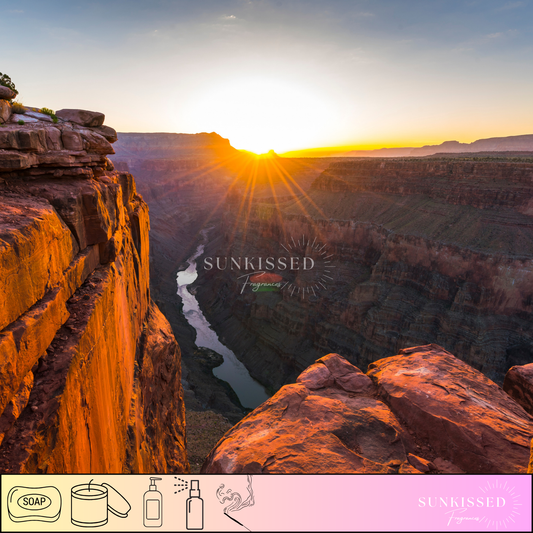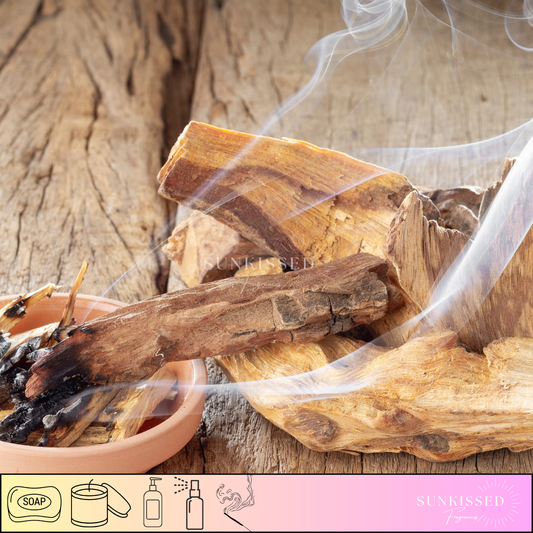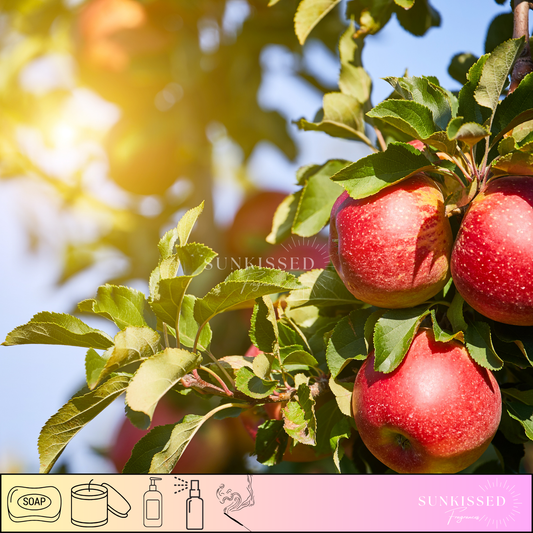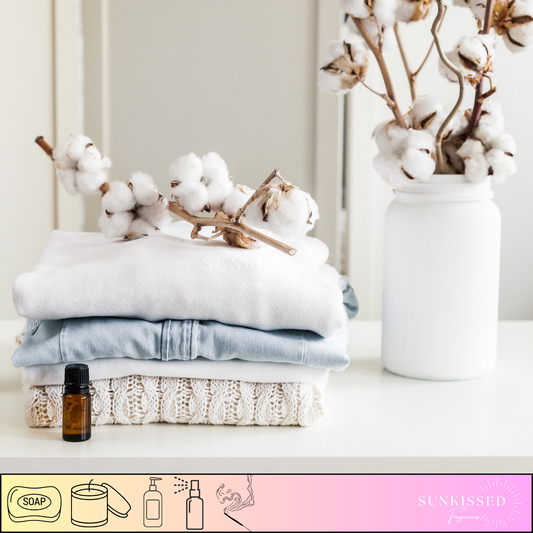
🎯 What Is a Niche (and Why Your Handmade Business Needs One)
Estimated Read Time: 10–12 minutes
When you sell handmade products—especially in a crowded space like candles, soaps, home decor, or skincare—you’re not just competing on quality or price. You’re competing for attention. And the businesses that grow faster and last longer? They don’t try to appeal to everyone. They pick a niche.
“Niche” isn’t just a marketing buzzword. It’s the key to standing out, connecting with the right customers, and building a brand that lasts.
In this post, we’ll break down:
-
What a niche actually is (and what it’s not)
-
Why handmade businesses need one to grow
-
The difference between a product niche and an audience niche
-
Real-world examples of niches that work
-
What happens when you try to sell to everyone
-
How to start narrowing your niche—even if you feel unsure
🎯 What Is a Niche, Exactly?
A niche is a focused, specific area of the market that your business serves. That could mean a particular type of product, a specific group of people, or a unique blend of values and style.
Think of your niche as your lane. It’s the intersection of what you do best and who it’s for.
Examples:
-
Soy candles inspired by U.S. national parks
-
Skincare for sensitive, acne-prone skin
-
Boho-chic home decor for tiny apartment living
-
Masculine fragrances in sleek, modern packaging
-
Whimsical bath bombs for kids with skin sensitivities
You’re not selling to “everyone who likes candles” or “anyone with skin.” You’re selling to a very specific slice of the market.
💡 Why Handmade Businesses Need a Niche
It can be tempting to try to be everything to everyone—especially when you're just starting out. But that approach leads to vague branding, slower growth, and harder sales.
Here’s what a niche helps you do:
-
Stand out in a saturated market
-
Attract the right customers faster
-
Create stronger messaging and visuals
-
Make product development easier
-
Build brand loyalty and repeat sales
-
Spend less on marketing
A niche isn’t a limitation. It’s clarity. And that clarity leads to confidence—both for you and your customers.
🧠 Product Niche vs. Audience Niche
There are two main ways to niche:
1. Product Niche
This focuses on what you sell.
Examples:
-
Coconut wax candles with wooden wicks
-
Vegan, fragrance-free skincare
-
Small-batch pottery mugs
-
All-natural pet grooming products
2. Audience Niche
This focuses on who you sell to.
Examples:
-
Moms with kids who have eczema
-
Minimalist interior design lovers
-
Busy men who want simple grooming routines
-
College students decorating dorm rooms
The strongest handmade brands usually combine both.
Product niche + audience niche = brand alignment.
🚫 What Happens When You Try to Sell to Everyone
If your messaging is too broad, you risk:
-
Confusing your audience
-
Attracting the wrong customers
-
Struggling to explain what makes you different
-
Creating generic products that don’t connect
-
Getting lost in a sea of similar brands
Let’s be honest—there are hundreds of handmade soap sellers. Thousands of candle makers. Countless resin or jewelry artists. Your niche helps you cut through the noise.
When you try to sell to everyone, you often end up selling to no one.
🔍 Real-World Niche Examples from Handmade Brands
Here are some fictional but realistic handmade business niches:
-
Coastal Candle Co.: Sells soy candles inspired by beach towns and ocean air, targeting coastal décor lovers and beach enthusiasts
-
The Wild Skin Studio: Offers minimal-ingredient body care made for hikers, backpackers, and nature-lovers
-
Luxe & Lit: High-end, modern masculine candles for design-savvy men in their 30s and 40s
-
Sprout & Petal: Skincare for moms and toddlers, designed to be used by both (safe for pregnancy and kids)
-
Ink + Bark: Rustic handmade wood signage and home décor for dog owners
Each of these could charge more, build loyalty, and create repeat buyers—because their products feel made for their audience.
📉 Why People Avoid Picking a Niche (and Why That’s a Mistake)
Here are common fears that hold makers back:
-
“I don’t want to leave anyone out.”
-
“What if I choose the wrong niche?”
-
“I like making lots of things!”
-
“I don’t want to get bored or limit myself.”
Here’s the reality:
You can still evolve your business. You can change your niche later. You can even test different product lines under one brand.
But without a niche, you’ll spend more time, energy, and money trying to get traction.
🛠 How to Start Finding Your Niche
Ask yourself:
-
What products do people buy the most from me?
-
Who are my favorite customers (and what do they have in common)?
-
What values or aesthetics show up again and again in my work?
-
What do I want to be known for?
-
Who would benefit most from what I make?
-
What problems do my products solve (or what emotions do they evoke)?
Don’t be afraid to niche down slowly. Look at your analytics. Survey your customers. Think about what feels authentic and sustainable for you.
📈 Niche Isn’t Just Marketing—It’s Strategy
Picking a niche helps with more than just branding:
-
You’ll know what products to launch next
-
You’ll know what photos and packaging fit your audience
-
You’ll know where to focus your marketing time
-
You’ll write better product descriptions
-
You’ll spend less money testing random ideas
Instead of chasing sales, your niche helps you attract the right people naturally.
✅ Final Thoughts
A niche doesn’t put your business in a box—it gives it a foundation.
The more specific your brand, the more likely it is to resonate. It makes your customers feel seen. It makes your products feel personal. And it makes your business easier to grow.
So if you’ve been struggling to stand out, make sales, or know what to post or launch next—it might be time to find (or refine) your niche.
Because when you sell to someone specific, your business becomes unforgettable.
📌 Tags:
Handmade Business Tips, Niche Marketing for Makers, Product-Based Business Strategy, Standing Out in a Crowded Market, Handmade Branding Advice
📣 Disclaimer:
This blog post is for educational and informational purposes only. It is based on our experience running a business and is not intended to provide legal, financial, tax, or professional advice. Always do your own due diligence and consult with a qualified professional before making business decisions related to coaching, consulting, or strategic planning.

